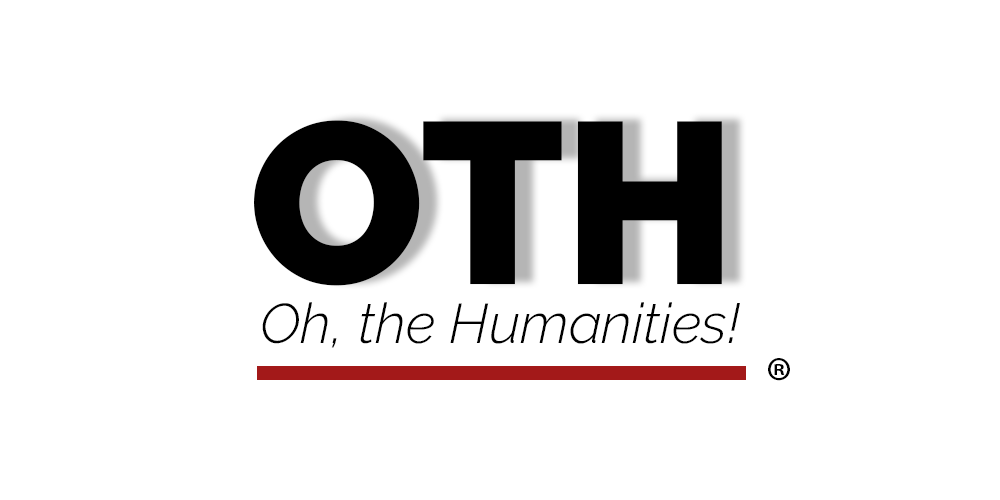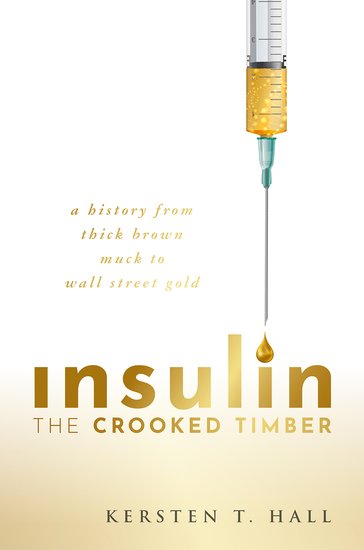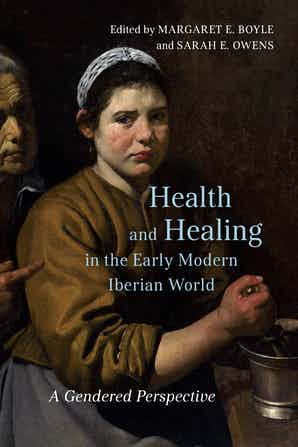
by OTH Staff
Below are selected upcoming and recently published titles related to the History of Medicine and Medical Humanities for the January 2022 issue of OTH. OTH does not receive any compensation for promoting these books and inclusion on this list is not an endorsement of any views.
Medicine in the Talmud: Natural and Supernatural Therapies between Magic and Science
by Jason Sion Mokhtarian
“Despite the Talmud being the richest repository of medical remedies in ancient Judaism, this important strain of Jewish thought has been largely ignored—even as the study of ancient medicine has exploded in recent years. In a comprehensive study of this topic, Jason Sion Mokhtarian recuperates this obscure genre of Talmudic text, which has been marginalized in the Jewish tradition since the Middle Ages, to reveal the unexpected depth of the rabbis’ medical knowledge. Medicine in the Talmud argues that these therapies represent a form of rabbinic scientific rationality that relied on human observation and the use of nature while downplaying the role of God and the Torah in health and illness. Drawing from a wide range of both Jewish and Sasanian sources—from the Bible, the Talmud, and Maimonides to texts written in Akkadian, Syriac, and Mandaic, as well as the incantation bowls—Mokhtarian offers rare insight into how the rabbis of late antique Babylonia adapted the medical knowledge of their time to address the needs of their community. In the process, he narrates an untold chapter in the history of ancient medicine.”
Published by the University of California Press, coming May 2022.
Insulin – The Crooked Timber
by Kersten T. Hall
From the Author:
“It’s about what technology can – and perhaps more importantly can’t – do for us. When insulin was first used to treat diabetic patients in the early 1920s, newspapers were full of triumphalist headlines about it being a miracle cure for diabetes. Clinicians involved in this work such as the eminent US diabetes specialist Elliott Joslin however knew that it was nothing of the sort. For even as he was likening the power of insulin to save lives with the vision of Ezekiel, the Old Testament prophet who is supposed to have seen a valley of dry bones rise up and be restored to life, Joslin was issuing a stern warning to both doctors and patients about this new discovery.
‘Insulin is a remedy which is primarily for the wise and not for the foolish, be they patients or doctors, he warned, before adding ‘Everyone knows it requires brains to live long with diabetes, but to use insulin successfully requires more brains.’
Joslin had recognised that, while insulin was necessary to live with Type 1 diabetes, it alone was not sufficient. Effective control of the condition required the use of insulin to be accompanied by appropriate behaviour on the part of the patient regarding diet and exercise.
It’s a lesson that I’ve had to learn since my diagnosis but it’s also one that I think has taken on a particular relevance to us all in the past 18 months since the outbreak of the SARS-CoV2 pandemic. It’s very tempting to think that technology alone will do all the heavy lifting in solving the many challenges that we face – such as those of climate change, AI or managing a global viral pandemic. But very often such technological solutions will only be at their most effective if they go hand in hand with appropriate behaviour on our part. This is as true for managing a global viral pandemic through a combination of vaccines and social measures such as wearing masks in public places, as it is for the management of Type 1 diabetes with insulin.
So as we face the challenges of a global pandemic, AI and climate change, it seems to me that, since I first began writing this book, the story of insulin has lessons for us all – whether or not we happen to be injecting ourselves with it.”
Published by the University of Oxford Press, coming March 2022.
Health and Healing in the Early Modern Iberian World: A Gendered Perspective
by Sarah E. Owens and Margaret E. Boyle
From the Publisher:
“Recognizing the variety of health experiences across geographical borders, Health and Healing in the Early Modern Iberian World interrogates the concepts of “health” and “healing” between 1500 and 1800. Through an interdisciplinary approach to medical history, gender history, and the literature and culture of the early modern Atlantic World, this collection of essays points to the ways in which the practice of medicine, the delivery of healthcare, and the experiences of disease and health are gendered.
The contributors explore how the medical profession sought to exert its power over patients, determining standards that impacted conceptions of self and body, and at the same time, how this influence was mediated. Using a range of sources, the essays reveal the multiple and sometimes contradictory ways that early modern health discourse intersected with gender and sexuality, as well as its ties to interconnected ethical, racial, and class-driven concerns. Health and Healing in the Early Modern Iberian World breaks new ground through its systematic focus on gender and sexuality as they relate to the delivery of healthcare, the practice of medicine, and the experiences of health and healing across early modern Spain and colonial Latin America.”
Published by the University of Toronto Press, April 2021.



